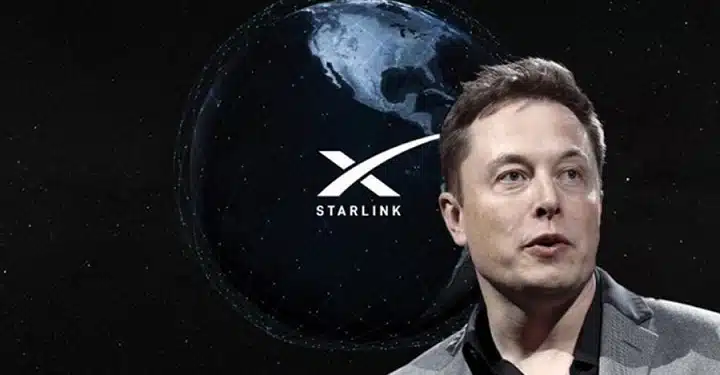South Africa is on the brink of making changes to its Black Economic Empowerment (BEE) regulations to accommodate Elon Musk’s Starlink satellite Internet service. According to a report by Bloomberg, the adjustments are set to be discussed in a meeting scheduled for Tuesday night.
The proposed modifications involve allowing multinational Information and Communication Technology (ICT) companies to meet BEE requirements through equity-equivalent investments, rather than the conventional 30% Black ownership mandate. This shift in policy aims to attract foreign investment in the ICT sector and improve Internet accessibility, especially in rural areas that are currently underserved.
Under the equity-equivalent model, companies like Starlink would be able to fulfill their BEE obligations by investing in initiatives such as infrastructure development, skills training, or providing Internet services to disadvantaged communities. These contributions would count towards meeting the ownership element of BEE compliance.
Starlink, which was launched in 2019, has been expanding rapidly worldwide but has faced challenges in Africa. Local ownership regulations have delayed its launch in countries like South Africa and Lesotho. South Africa’s decision to block operations in the country has received criticism from the company but support from Vodacom, possibly to safeguard its market share.
The equity-equivalent approach is not new to South Africa, as the automotive industry adopted a similar model in 2019. Major manufacturers like BMW, Ford, and Toyota established funds to support Black-owned enterprises and workforce development.
Communications Minister Solly Malatsi emphasized earlier this year that the proposed policy adjustment is not specific to Starlink but is part of a broader strategy to attract international investment and enhance digital connectivity across South Africa.
Starlink’s potential entry into the South African market could have a significant impact on Internet accessibility. A survey by Statistics South Africa in 2023 revealed that only 1.7% of rural households have Internet access. By leveraging satellite technology, Starlink could provide reliable Internet services to remote areas, supporting education, healthcare, and economic development.
The proposed policy change demonstrates South Africa’s commitment to balancing its empowerment goals with the need to attract foreign investment and improve digital infrastructure. As the country navigates this policy evolution, the successful implementation of equity-equivalent programs could serve as a model for other sectors looking to align global business practices with local socio-economic objectives.








